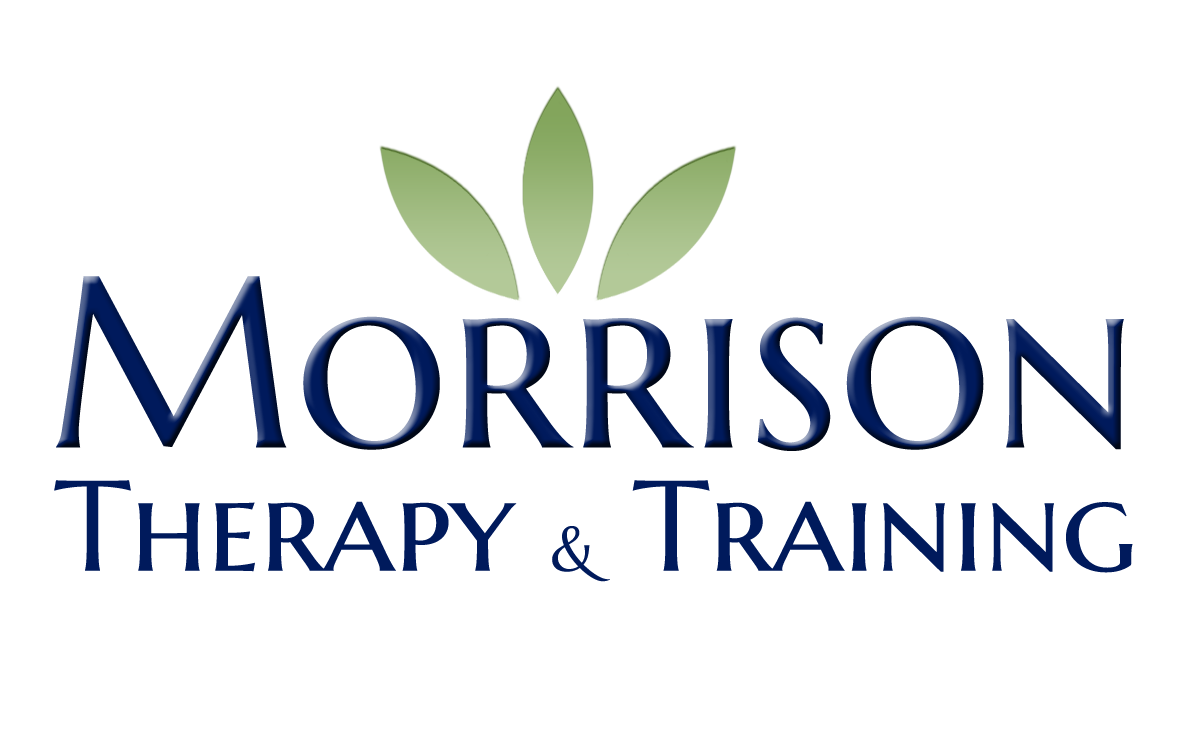Focusing is a powerful process for personal transformation
Focusing is a mindful and body-centered self awareness skill for growth and healing. It is both a simple and complex matter of holding an open, non-judging attention to the feeling your body carries about a situation.
Focusing is a natural, innate skill that was discovered, not invented. People are born with the ability to know how they feel from moment to moment. Over time though, most of us lose trust in the wisdom of our bodies and feelings. It’s important that we relearn this skill of deep listening.
Focusing emerged from research in psychotherapy
In the early 1960s, Professor Eugene Gendlin, at the University of Chicago, began to research the question, “Why is psychotherapy helpful for some people, and not for others?” He and his colleagues studied thousands of recorded therapy sessions.
When listening to the tapes, they made a fascinating and important discovery within the first three sessions about the clients on the tapes, regardless of the skill of the therapist. Here’s what the researchers learned:
Successful Therapy Clients:
- Slowed down their speaking as if searching for what more could be put into words when describing something they were feeling at the moment.
- Checked their words with what they were experiencing in their bodies, taking the time to sense if their words fit the whole of what was directly felt.
- Tried out different words until the words brought a unique fit to what they were sensing, allowing fresh experiences and perspectives to emerge.
Less Successful Therapy Clients:
- Often stayed articulate throughout the sessions, “up in their heads,” as it were.
- Repeatedly expressed emotions, but never slowed down to sense what was underneath and new.
- Were unable to make changes in their troubling situations. No amount of analysis, thought, or even tears enabled them to move forward.
Eugene Gendlin recognized the powerful skills used by successful therapy clients, and he called it Focusing. The process involves sensing something felt bodily that is at first unclear or vague, and then staying with it long enough for words or other symbols to emerge that bring the felt quality into focus. At that moment body energy shifts, loosens, and illuminates steps for change.
Focusing involves having an open, non-judging relationship with your emotions and feelings. This process gives you a tool for doing your own inner work, helping you be more present, connected and compassionate with yourself and others.
Focusing offers a gentle way to:
- Release stuck patterns
- Soften critical voices
- Process trauma safely
By using this special way of paying attention to yourself, you sense the whole way you are feeling about a situation or issues in your life. It’s different from just having emotions or getting in touch with your feelings. Instead of using your intellect to try to analyze why you are feeling a certain way, Focusing helps you to shift to a deep understanding about a situation by sensing how the issue resides in your body. By becoming your own best listener, you access the wisdom of your body and mind as a ‘felt sense’ that leads you to what is true for you.
Focusing Sessions & Training
For Everyone:
While I am a Focusing-Oriented therapist, I also offer individual Focusing sessions for people interested in doing deep inner work without being in therapy. Learn more about Guided Focusing Sessions.
For Health & Healing Professionals:
Through workshops, I teach healing professionals how to incorporate this powerful body-centered approach into their current healing methods so that they are even more effective. Learn more about my Focusing Training Program offered through the Seattle Focusing Institute.
Focusing-Oriented Therapy
I include Focusing as one of the therapeutic skills I draw from in my Approach to Therapy. There are many ways to experience Focusing! Contact me if you’d like to schedule a free half-hour session or read more about the Benefits of Focusing.

